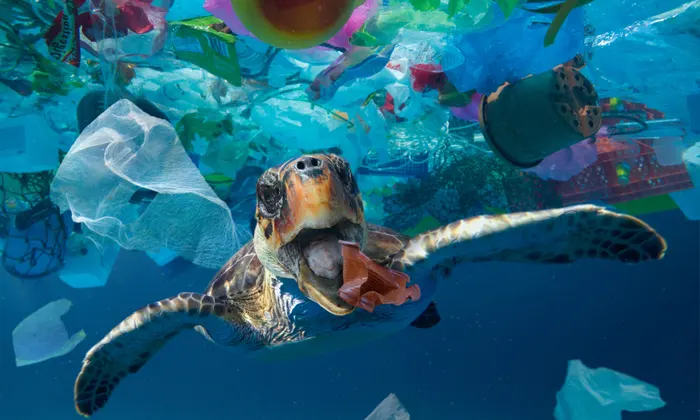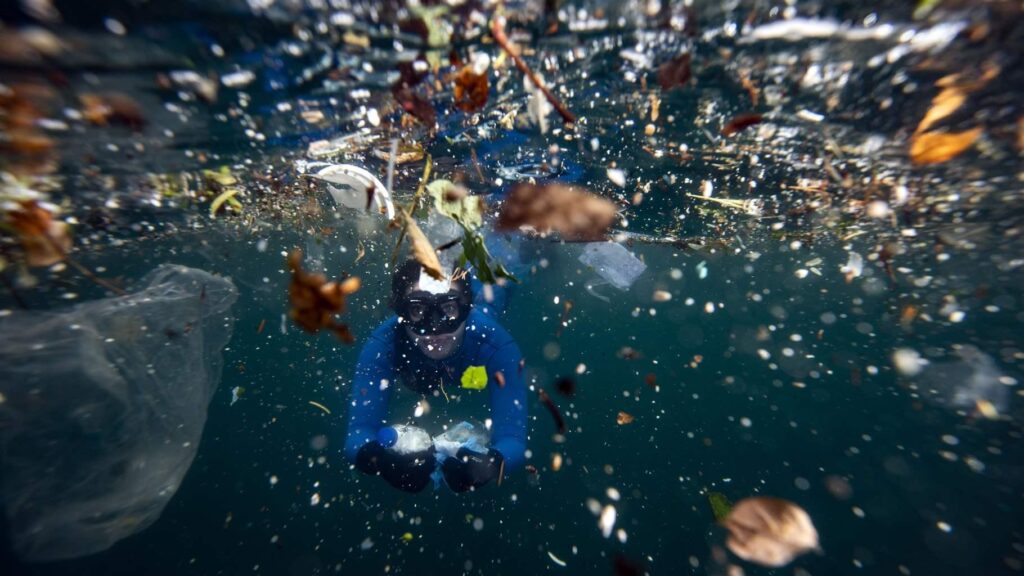Eco-conscious choices are everyday decisions made with an awareness of their impact on the planet, public health, and future generations. These choices prioritize sustainability, ethical production, and long-term well-being over convenience or excess. Being eco-conscious doesn’t require perfection — it’s about being mindful in how we live and making informed decisions that reflect values of care, respect, and responsibility for our shared environment.
As we face growing environmental challenges like climate change, pollution, resource depletion, and environmental injustice, our individual actions matter. The things we do every day — from what we eat and how we get around, to where we shop and bank — all play a role. By shifting our habits, even in small ways, we can reduce our collective environmental footprint and influence broader systems, industries, and policies. Eco-conscious choices not only protect the planet, but also promote cleaner air and water, healthier communities, and a more just, livable future for all. For example, while the average person might throw away single-use plastics, buy fast fashion, or drive short distances out of routine, someone practicing eco-consciousness might carry a reusable water bottle, shop second-hand or from ethical brands, and choose to walk, bike, or carpool. They may seek out bulk goods to avoid excess packaging or switch to a green bank that supports renewable energy. These shifts don’t require extreme lifestyle changes — just a willingness to rethink daily habits and take small, meaningful steps. This page is here to guide and support you in making those choices, one mindful action at a time.
You don’t have to be perfect to make a difference. Living eco-consciously isn’t about doing everything “right” all the time — it’s about doing your best with the knowledge, resources, and capacity you have. Every mindful choice matters, no matter how small. Whether it’s saying no to a plastic straw, choosing local produce, or simply pausing to consider the long-term impact of a purchase, these decisions add up. When we approach daily life with intention — thinking not just of ourselves, but of our neighbors, future generations, and the planet we all share — we become part of something much bigger. Change starts with awareness, grows through effort, and thrives when we act with compassion and purpose.
Petrochemicals – Plastic

Plastics are ubiquitous, and the sector that produces them is thriving. The widespread presence of plastics and other petrochemicals has significant detrimental effects on human well-being, particularly for individuals residing near manufacturing and processing plants. Petrochemicals are chemicals derived from fossil fuels, the remains of plants and animals from hundreds of millions of years ago. By definition, these are not renewable. Plastics, detergents, fertilizers, explosives, synthetic fabrics, paints, and flooring are among the many products made out of petrochemicals.
Read More Here – Mom’s Clean Air Force
Why the production of plastic is a danger to our health?
The ubiquity of plastic and other petrochemicals comes at a steep cost to our health, especially for those living near production and processing facilities. The petrochemical industry creates extraordinary amounts of pollution. Some of the most harmful pollutants include benzene, ethylene oxide, formaldehyde, chloroprene, PFAS, vinyl chloride, and trichloroethylene.
Health impacts of petrochemical pollution include:
- Higher risk of cancer
- Adverse birth outcomes
- Asthma and respiratory illness
- Kidney disease
Read More Here – Mom’s Clean Air Force

Plastic Production and Environmental Injustice

Plastics harm our health, and people of color are disproportionately affected. Petrochemical facilities, incinerators, landfills, and other polluting businesses are often located in polluted areas. Racial discrimination in housing and banking services and the categorization of low-income Black and Latino neighborhoods as mixed residential-industrial zones are major factors. Southern states with weaker environmental monitoring have several of the worst air pollution hotspots. Black census tracts have twice the cancer risk from harmful air pollution as white tracts. These communities often receive new petrochemical processing plants.
Read More Here – Mom’s Clean Air Force
“Chemical Recycling” 101
The terms “chemical recycling” and “advanced recycling” refer to the methods that break down plastic into its chemical components. Most facilities burn plastic waste in “pyrolysis and gasification” units, polluting the air and releasing chemicals. Incineration of “chemical recycling” plant outputs as hazardous waste or highly contaminated industrial fuels contributes to toxic air pollution. This is NOT recycling?
Read More Here – Mom’s Clean Air Force

